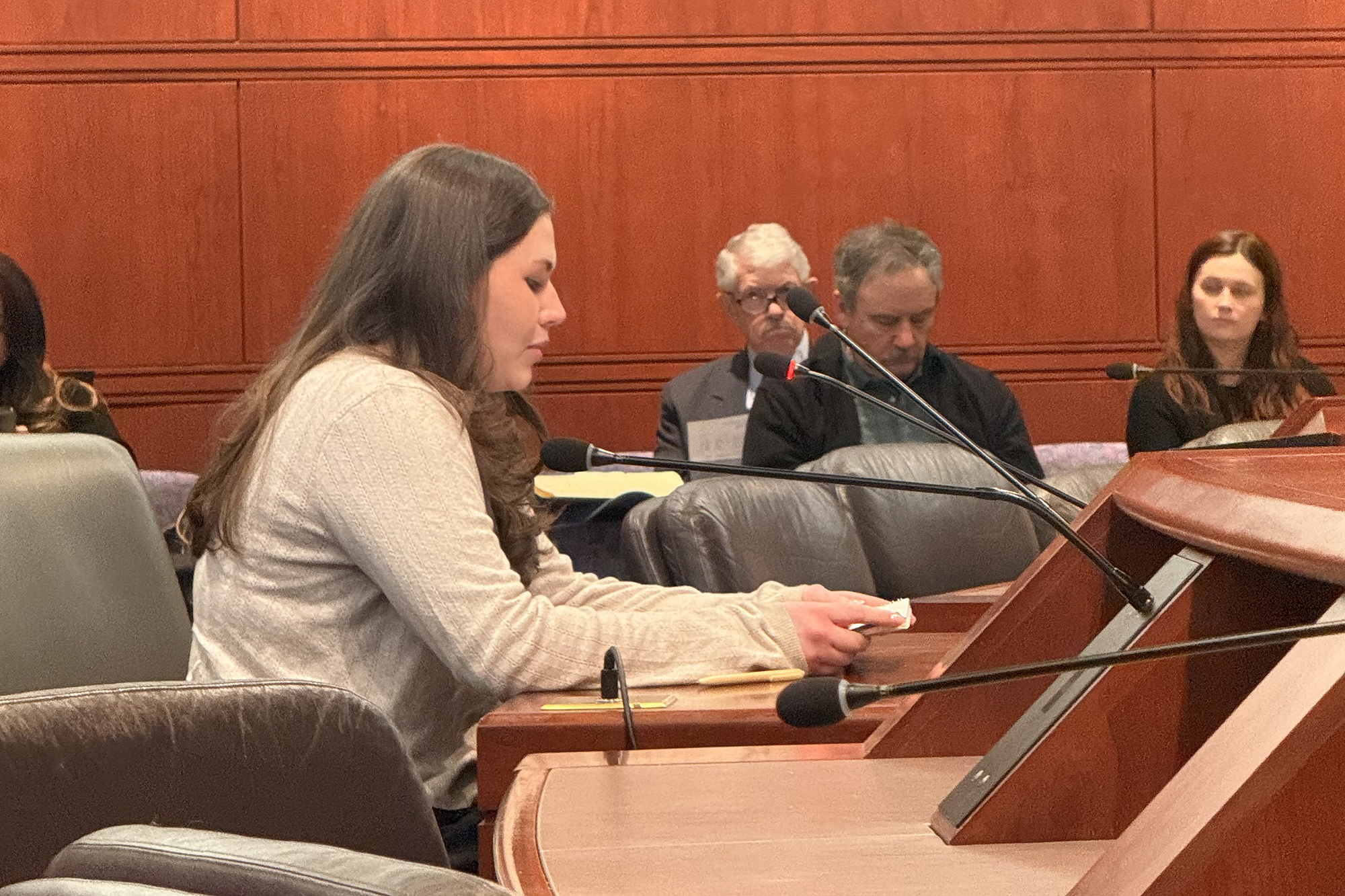Yong Wang, an assistant professor of Chemical, Materials & Biomolecular Engineering, has received a prestigious National Science Foundation Early Career Development (CAREER) Award to conduct research aimed at creating a new generation of tissue-like biomaterials using chemical and biomolecular engineering tools. His nearly $480,000 award was made through NSF’s Division of Materials Research.
 Dr. Wang explained that “Biomaterials that can replicate complex functions of natural tissues will not only provide a deeper insight into biological systems, but also offer a variety of applications such as tissue repair or organ regeneration.”
Dr. Wang explained that “Biomaterials that can replicate complex functions of natural tissues will not only provide a deeper insight into biological systems, but also offer a variety of applications such as tissue repair or organ regeneration.”
A core challenge in tissue engineering and regenerative medicine is the creation of novel materials that are capable of mimicking the complex structures and functionality of human tissues. To do so, Dr. Wang intends to first investigate the ability of multifunctional hydrogels — water-insoluble polymer chains — to mimic the functionality of extracellular matrices (ECMs), the defining feature of animal connective tissue. According to Dr. Wang, natural ECMs provide cells with mechanical support and physical stimuli, emit soluble biochemical signals stimulating such factors as growth, and interact with cell receptors located surfaces of surrounding cells.
For his CAREER work, Dr. Wang will construct artificial ECMs with multiple defined components. For instance, the natural polysaccharides (chain sugars) will be used to synthesize the fundamental structure of the hydrogel. Polysaccharides are found in all organic life forms, including human connective tissues and cartilage. One quality that makes them particularly attractive is the fact that, as organic chains, they break down and are absorbed or excreted by the body. This enhances the likelihood that the human body will accept them as “normal.”
To create hydrogels that are biologically functional, Dr. Wang will incorporate nucleic acid aptamers, multifunctional linkers, growth factors, and ions into the hydrogel, thereby “engineering” a single complex unit. He will apply diverse molecular recognition principles as a tool to achieve this aim. Dr. Wang noted that his recent research findings demonstrate that the molecular recognition between aptamers and growth factors can be used to mimic the sustained-release function of the extracellular matrix. By integrating these defined components into the hydrogel network, he said, the engineered hydrogel will be capable of sending and receiving messages to/from cells located within and outside of the hydrogel. Eventually, Dr. Wang hopes that the multifunctional tissue-like hydrogel can be used to grow tissue ex vivo or to stimulate the growth or repair of human tissues in vivo.
Dr. Wang, who received his Ph.D. from Duke University in 2004 and joined UConn in 2006, received funding from the State of Connecticut’s Stem Cell Initiative last year to investigate gene silencing in human embryonic stem cells. He is also collaborating on research aimed at developing artificial antibodies capable of locating and destroying tumors, and with Dr. Leon Shaw (CMBE) on the development of titanium/hydroxyapatite orthopedic implants.


